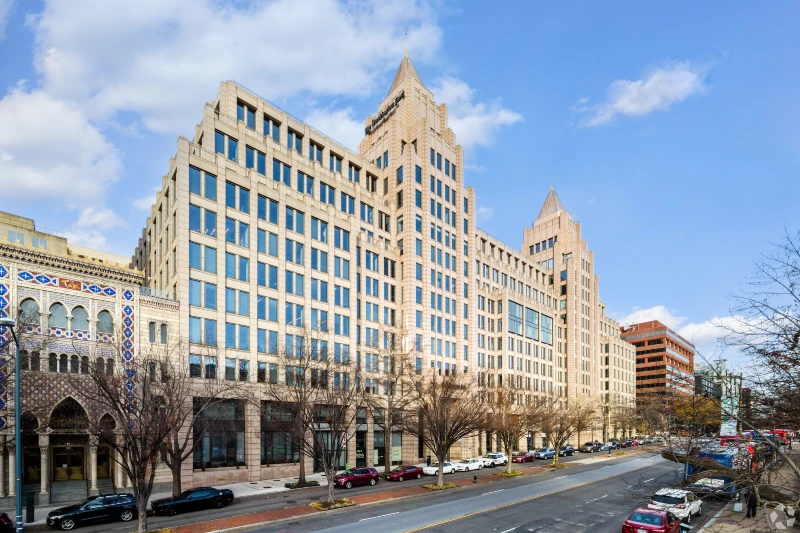
Nov 21, 2024
Miami developer Ytech has begun construction on The Residences at 1428 Brickell, an 860-foot luxury high-rise partially powered by solar energy through a “solar backbone” of 500 photovoltaic-integrated windows. This innovative 70-story tower will generate up to 175 megawatts of clean energy annually, reducing carbon emissions by 4,700 tons without relying on tax incentives. Featuring 195 fully furnished units priced from $3 million to $60 million, the project caters to Miami’s growing demand for larger, high-end condominiums. With over 50% of units presold, the building will include wellness-inspired amenities and is set to open in 2028, contributing to Miami’s status as a “vertical city.”

Nov 21, 2024
Blackstone, a major private equity firm, has agreed to acquire a majority stake in Jersey Mike’s Subs for around $8 billion, aiming to accelerate the sandwich chain’s expansion. Jersey Mike’s, the second-largest U.S. sandwich chain with over 3,000 locations, plans to leverage Blackstone’s expertise in growing franchise businesses to enhance U.S. and international growth, as well as invest in technology and digital transformation. Despite challenges in the restaurant industry, franchisors like Jersey Mike’s continue to attract investors due to their strong cash flow and growth potential. Founder and CEO Peter Cancro, who has led the company since 1975, will retain a significant stake and continue managing operations. The deal reflects Blackstone’s broader strategy of investing in high-growth franchises, adding to its recent acquisitions in the dining and hospitality sectors. Completion is expected in early 2024.

Nov 13, 2024
The Washington Post has announced a return to a five-day in-office workweek starting next year, ending its remote and hybrid policies established during the pandemic. Publisher Will Lewis emphasized the importance of in-person collaboration, stating that the company thrives on “great office energy.” Managers are required to return by February 3, 2025, while all other employees will follow by June 2. This shift aligns with similar policies from major companies like Amazon, which also recently mandated full-time office attendance. The move has faced criticism from the Washington Post Guild, which argues that it may disrupt productivity rather than enhance it.

Nov 11, 2024
Voters across several states and cities made significant decisions regarding housing and property taxes during the recent Election Day. In Charlotte, North Carolina, residents approved a $100 million bond for affordable housing and an additional $62 million for neighborhood enhancements. Meanwhile, North Dakota voters rejected a proposal to change local funding structures for public services, and Arizona passed a measure allowing homeowners to seek tax refunds if local governments fail to address nuisances associated with homelessness. Additionally, Rhode Island voters approved a $120 million allocation for affordable housing, while Florida homeowners supported an amendment to adjust property tax exemptions annually for inflation. In Denver, however, a proposed $100 million bond for affordable housing did not gain enough support.
Oct 30, 2024
NextEra Energy’s Florida Power & Light is seeking approval from the Florida Public Service Commission for a temporary surcharge on customer bills in 2025 to recover $1.2 billion in costs related to hurricane damage from Hurricanes Debby, Helene, and Milton. This surcharge, estimated at an additional $12 per month for typical residential customers, would cover restoration expenses and help replenish the utility’s storm reserve fund, which was nearly depleted after repeated storm damage over the past 14 months. The utility highlighted its efforts to improve resilience with storm hardening and smart grid technology.




